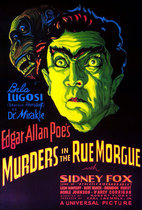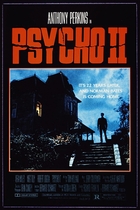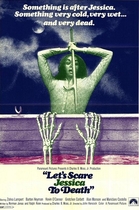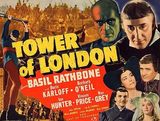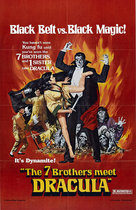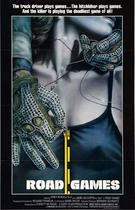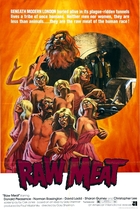Psycho II should
never have been made. The original, crafted by a master, cut deeply
into our collective pop-psyche, being all things to all people -
and thus unique. Scholars loved its Freudian take on sexual paranoia
(where a knife was no longer just a knife) and its narrative
insurgency. Meanwhile mainstream cinema-goers had never before seen a
film so delightfully lurid - focusing as it did on black negligee,
flushing toilets and blood spiraling down the plughole. With Psycho,
the modern horror film
was born. A sequel then, especially one coming so many years later,
shouldn't work. Yet somehow, director Richard Franklin defies
expectations. Uniqueness is replaced by nostalgia, but this
remembrance is used to open new doors, creating a twisting story that
is at once evocative and seditious.(read more...)


